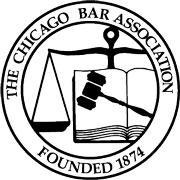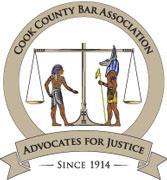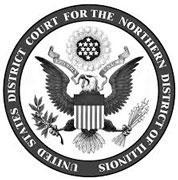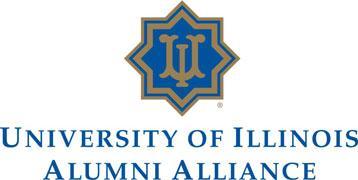Can Dehydration Be a Sign of Nursing Home Neglect?
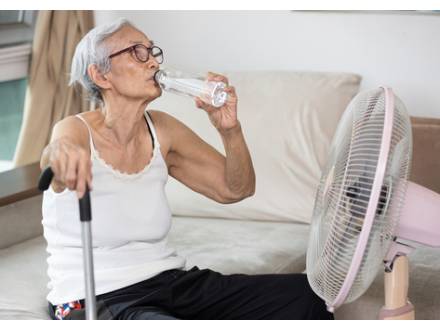 Dehydration in long-term care is often dismissed as something unavoidable, especially for residents with dementia or those who refuse fluids. But under Illinois law, facilities must meet residents’ basic needs, including access to water. Dehydration can be a sign of nursing home neglect when facilities fail to meet basic hydration needs and implement care plans to prevent predictable harm.
Dehydration in long-term care is often dismissed as something unavoidable, especially for residents with dementia or those who refuse fluids. But under Illinois law, facilities must meet residents’ basic needs, including access to water. Dehydration can be a sign of nursing home neglect when facilities fail to meet basic hydration needs and implement care plans to prevent predictable harm.
As of August 2025, stories about neglected and abused nursing home residents continue to dominate headlines. But Illinois law requires nursing homes to accommodate residents’ basic human needs, such as water and food, and to protect them from neglect. If you suspect your loved one is a victim of nursing home neglect, speak with a South Side of Chicago, IL personal injury lawyer who can help you investigate, gather medical proof, and pursue a claim to seek justice.
When Is Dehydration a Sign of Nursing Home Neglect Instead of an Unavoidable Medical Issue?
Dehydration is not always avoidable, but it crosses into neglect when a facility misses clear warning signs, skips fluid rounds, or fails to follow the resident’s care plan. Nursing homes often have policies in place to avoid dehydration, including tracking liquid intake, offering fluids repeatedly with assistance, using alternatives to drinking water like thickened liquids or IVs, and adjusting care during heat advisories.
If your parent becomes dehydrated after delayed lab checks, a nursing home ignores their weight loss, or the nursing home fails to anticipate and address drinking challenges, that is not inevitable, and it may indicate negligence in meeting care standards.
What Does Illinois Law Say About Nursing Home Dehydration and Neglect?
Illinois residents have a statutory right to have their basic needs met, including water and food. The Nursing Home Care Act ties these rights to federal standards and explicitly lists water among basic needs that must be met. The Act also defines "neglect" as failing to provide necessary care to avoid physical harm. These provisions support claims that preventable dehydration is neglect.
What Evidence Can Help Me Prove My Parent’s Nursing Home Could Have Prevented Dehydration?
Nursing homes are supposed to keep thorough records of information about each resident, which can include:
-
Fluid intake and output charting
-
Weekly weigh-ins
-
Care plans with fluid goals and hydration precautions
-
Physician and nurse notes documenting refusals to drink and re-offers
-
Lab results showing rising dehydration markers
-
Vitals and incident reports.
They should also have documentation detailing staffing schedules that reveal whether the unit was too understaffed to complete fluid rounds. When these documents show repeated missed opportunities to hydrate, they support negligence claims.
To protect your loved one and your chances of a successful claim, request copies of recent weights, care plans, and intake logs. Keep your own notes of conversations and symptoms. The facility might resist or delay handing the records over, but an attorney can subpoena records, work with medical experts, and demonstrate how the nursing home’s failures led to your parent’s harm.
Contact a South Side of Chicago, IL Nursing Home Neglect Lawyer
If dehydration harmed your parent, contact a Chicago, IL nursing home abuse attorney at Kadzai Law Group, LLC. We offer free consultations and are willing to aggressively fight cases and go to trial when needed. Call 312-229-0050 today so we can review your case and create a plan to get justice for your loved one.






